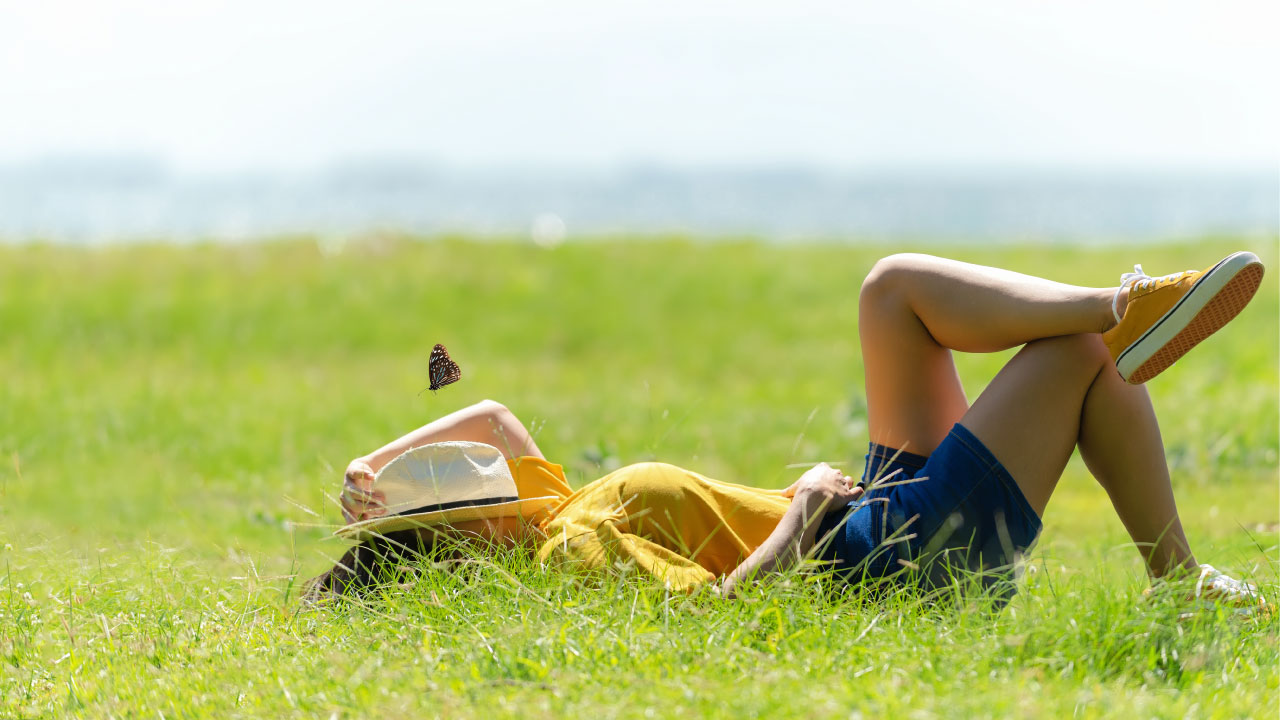
What Does Melatonin Do?
November 19, 2020
If you find yourself experiencing occasional sleeplessness, you’re far from alone. At least 1 in 3 Americans do, and many have turned to melatonin as a natural sleep aid. It works by getting your sleep-wake cycles back in sync.
Can’t sleep? Your sleep-wake cycle may be out of whack
The sleep-wake cycle is a physical, mental and behavioral change that follows a 24-hour cycle, also called circadian rhythms. Your internal clock tells you when to sleep, rise, and eat. Circadian rhythms are affected by cues in the environment like temperature and especially the natural blue light that comes from the sun. As light disappears, your internal clock signals your body to sleep. When the sun comes up, it signals your body to rise, eat and start moving. We now know that when circadian rhythms get disrupted, it affects cardiovascular health, immunity, energy, memory, weight gain, and mood. This is why millions have turned to sleep aids, especially natural sleep aids like melatonin.
Melatonin for sleep
Melatonin is a hormone produced naturally by the pineal gland in the brain. Melatonin levels rise during the night – typically around 9PM making you sleepy – and fall right before dawn. Taking melatonin supplements is thought to support and help regulate the body’s sleep-wake cycle, making it easier to fall asleep and stay asleep, so you wake refreshed. It’s especially beneficial for shift workers and those experiencing jet lag.
Other melatonin benefits
Melatonin is also an antioxidant that may offer protection against free radical damage in the brain’s cells, which is related to memory and cognitive issues.
Why you can’t sleep
Many of us stay up late, watch TV into the night, or sleep with our smartphones. Electronic devices emit large amounts of blue light – like sunlight – so your body’s getting a signal it’s time to wake up even though it’s nighttime. It’s not surprising then that the drastic changes in lifestyle and habits over the last 30 years have been linked to disturbances in the circadian rhythm.
How to sleep better
Make sure you practice good sleep hygiene by following these guidelines:
- Reduce blue light exposure from electronics at night
- Turn off the TV and bright lights two hours before bedtime
- Make sure your bedroom is completely dark, quiet and cool
- Spend more time outdoors during the day to increase bright light exposure
- Engage in a relaxing activity before bedtime such as reading, meditating, or taking a warm bath
- Avoid caffeine after 3 PM
- Exercise in the morning
- Keep a consistent sleep and wake time
- Reduce long daytime naps
- Don’t eat late in the evening and reduce fluids 1-2 hours before bedtime
- Use products containing relaxing essential oils like lavender
Get a good night’s sleep tonight and take on the day tomorrow with help from melatonin.
Always try the lowest dose and check with your health care professional before taking melatonin or other natural sleep aids.
These statements have not been evaluated by the Food & Drug Administration. These products are not intended to diagnose, treat, cure or prevent any disease. Individual results may vary.



